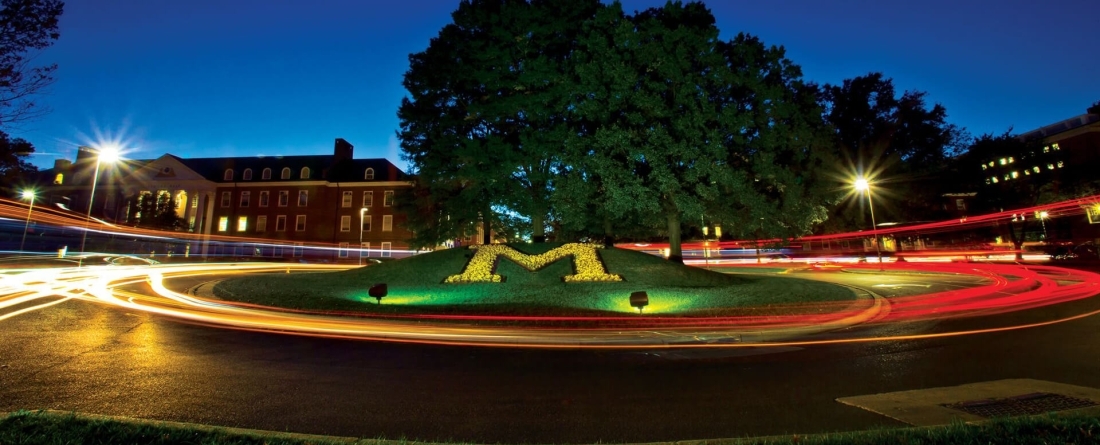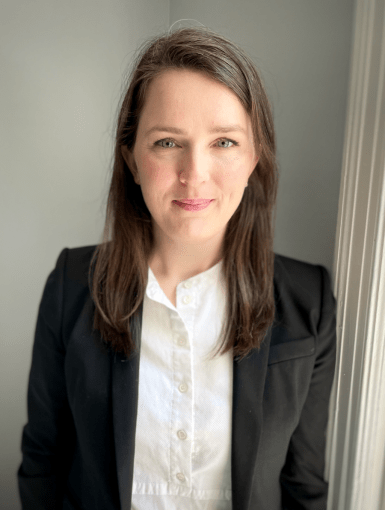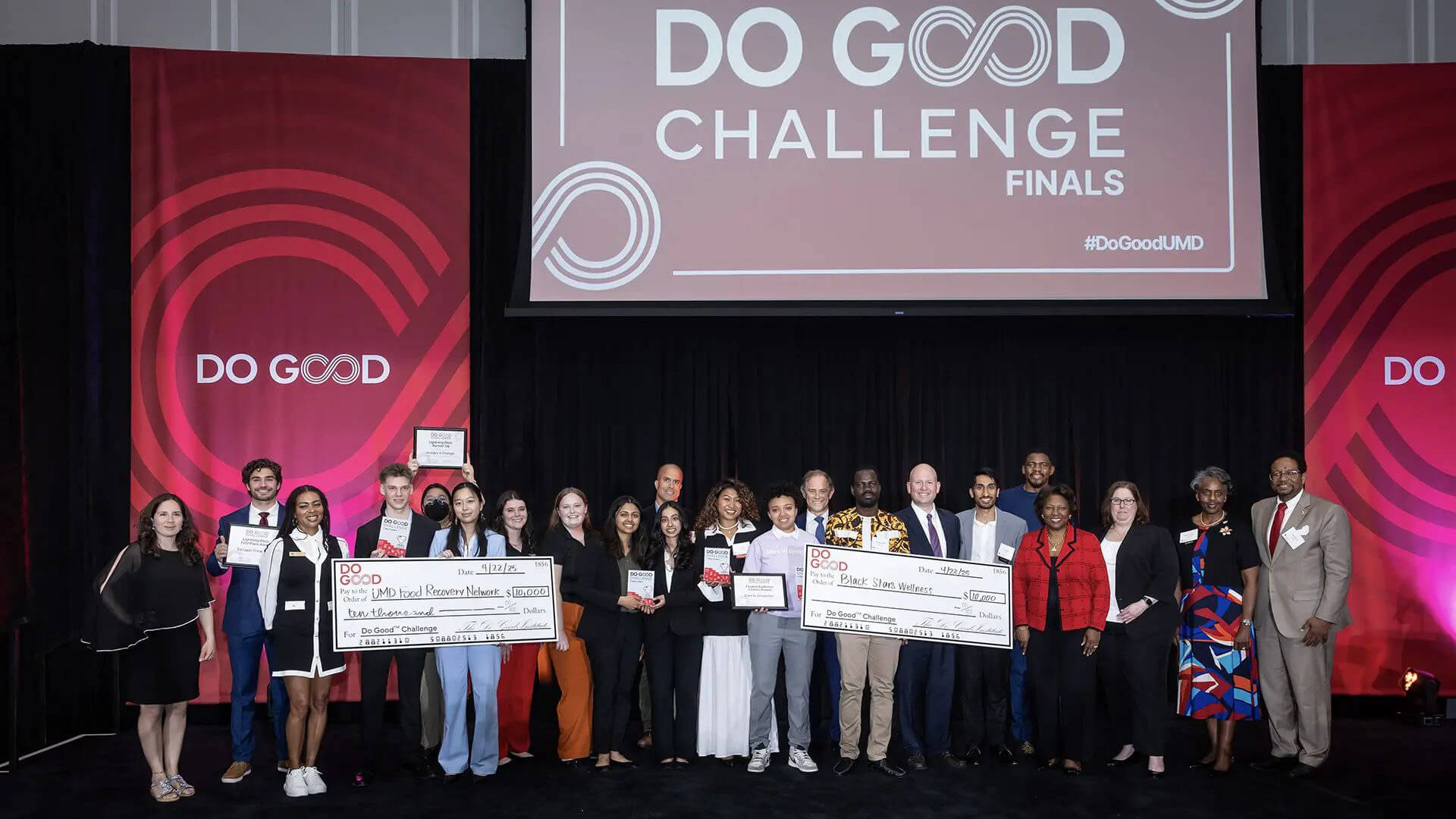
Claire Dunning, associate professor at the School of Public Policy, has been honored with an ARNOVA award for Outstanding Article for her piece “No Strings Attached: Philanthropy, Race, and Donor Control from Black Power to Black Lives Matter.” The article, published in Nonprofit and Voluntary Sector Quarterly, explores the history of racial inequality in charitable giving and its lessons for today.
“This award was really an honor and quite a wonderful surprise,” Dunning said. “I had been working on this article on and off for many years. It was a story and piece of research that needed to be told.”
Dunning’s research focuses on how racial justice movements have challenged the restrictions often tied to grants, especially for Black-led organizations. She explained that while the protests of 2020 brought more attention to the lack of funding for these nonprofits, this issue is far from new. “People have been leveling critiques about the whiteness and strictures of philanthropy for decades, and those in power have largely ignored such demands,” she said.
Using historical records, Dunning looked at how a group in 1968 called for “no strings attached” giving. She found that their demands went beyond just reducing paperwork or reporting requirements. It was about confronting the power imbalance between donors and nonprofits, as well as addressing the control white donors had over Black-led organizations. “It was a call to interrogate the whiteness of giving and the control that white donors imposed on Black-led grantees,” Dunning explained.
In her article, Dunning also discusses “racial philanthropy,” a term she uses to highlight how wealth and giving in the U.S. have been shaped by racial inequality. Dunning explained that philanthropy often reflects the preferences and priorities of white donors because they hold the majority of wealth. This has a big impact on how nonprofits are funded and whose voices are amplified. “People of all racial and ethnic backgrounds are charitable and generous – but it is also true that white people have had and continue to hold more wealth in this country,” Dunning explained. “As a result, norms and practices in philanthropy tend to reflect the preferences, expectations and priorities of white people.”
Dunning hopes her work encourages donors and organizations to reevaluate their approach to giving, using lessons from the past to guide the development of more equitable and flexible funding practices.




